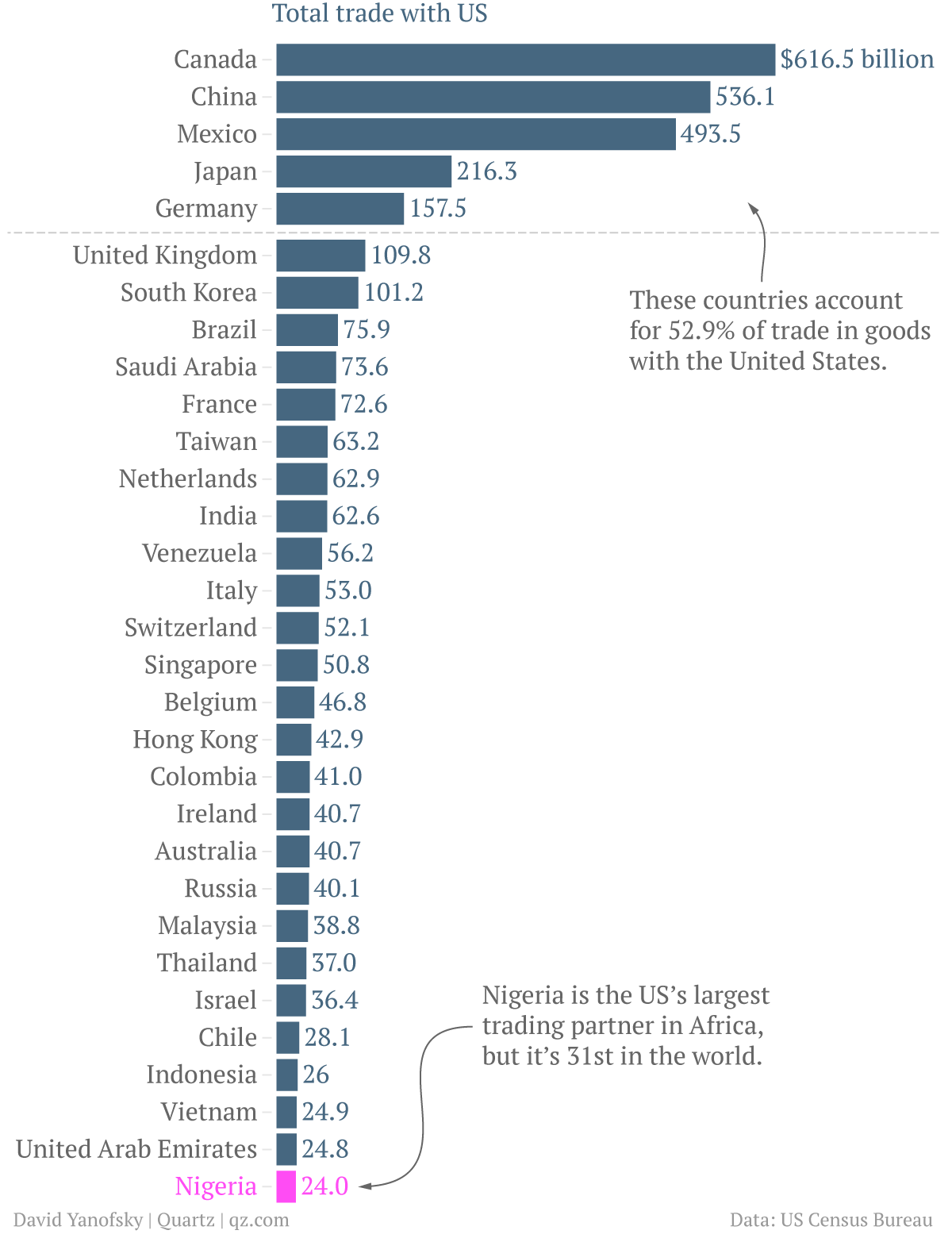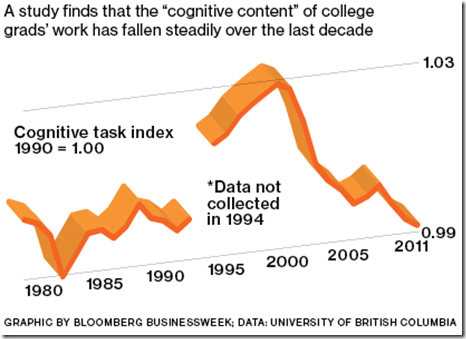A worrying trend is that the proportion of people who want to work, taken out of the whole population (known as the labor force participation rate, and just as “participation” below), is declining.
It has been declining, fairly steadily, for the past 15 years. I view this as primarily demographic: we are in an echo of the baby boom of 60 years ago. That means we have relatively more people in their 20’s and 30’s right now … who aren’t always inclined to join the labor force in a timely fashion.
I have been emphasizing to SUU students since Fall 2009 that the job market is actually pretty good for graduates. It’s an urban myth that it isn’t. Where it is bad is for people who’ve put some sort of “red mark” on their resume (you know … checkered work history, failed drug tests, poorly managed mental illness, etc.). Those people tend to be a bit older.
But, maybe not.
An alternative decomposition of the labor force participation data has been provided by economists at the Federal Reserve Bank of Atlanta. They do two things: 1) break participation down by age group, and then 2) correct for the net movement of people from one age group to another. The heart of their result is this chart:
The bars clearly will sum to something negative: this is the overall decline in participation.
One important fact is that the population has been aging, largely due to improvements in health outcomes of seniors. This means a lot more seniors, and seniors are less inclined to work. The green indicates more seniors, and the big negative bar means less participation from them. This is the biggest component of the drop in participation. So it’s not the echo of the baby boom — but the baby boom itself — that is causing participation to drop.
The two bars covering middle age are more problematic. These have green components to them, indicating that more people are surviving into middle age (again, due to better health care, and probably also reductions in violent crime). But now we have a blue bar too: this indicates people who are less inclined to participate but haven’t aged into a new group (yet). These are the people with “red marks” on their resume. Reasonable people can quibble about whether a particular person deserves their red mark, but there’s no debating that, on average, middle-aged people are less inclined to be participating.
N.B. Disability claims might be part of that. But, in posts on this blog from last year’s class, I dismissed that possibility: rates of disability are actually in line with what they’ve been for a generation or more.
Now, looking at the two bars for the young, the green indicates the echo of the baby boom: participation is bumped up a little bit because of young people. But the blue bar is still there for the second group; and again this is suggestive of “red marks”.
And for the youngest group … participation looks great. On average, there is no job problem for students like you.

 In many ways, this is telling you something you should already know. No one goes to school to “learn to make things” any more (the black line). We go to school to learn to make ideas and concepts (the orange line).
In many ways, this is telling you something you should already know. No one goes to school to “learn to make things” any more (the black line). We go to school to learn to make ideas and concepts (the orange line).






